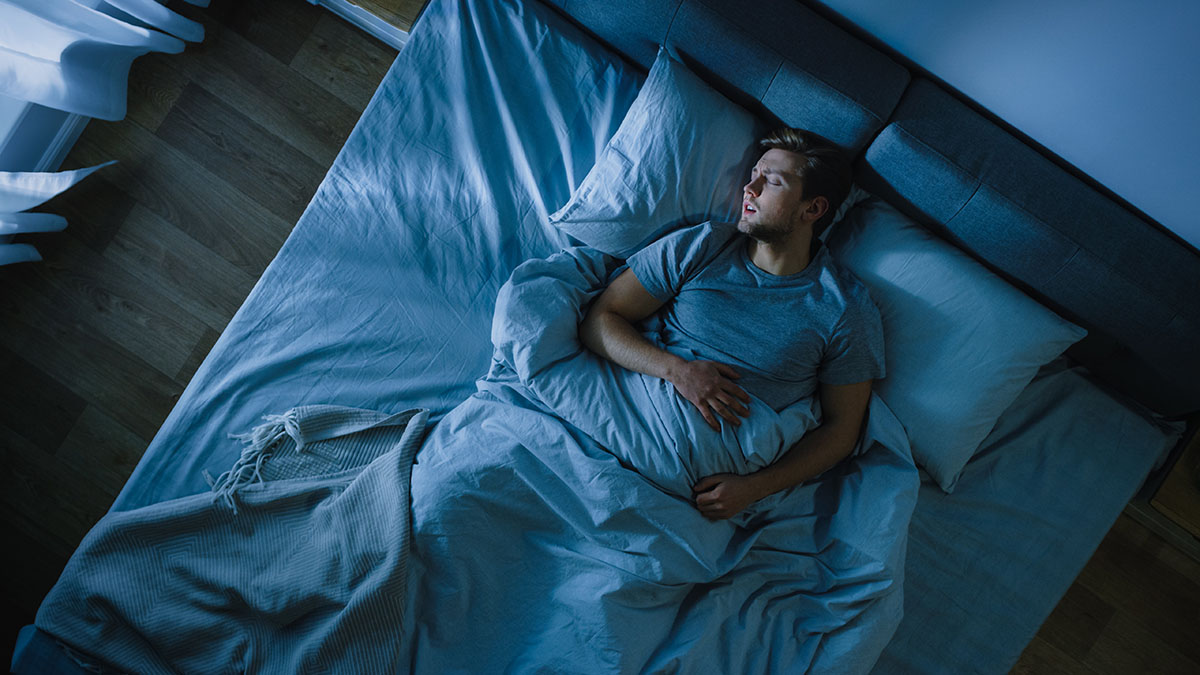If you or a loved one needs rehab but you’re worried about getting Covid-19 or some other virus or infection, do not to worry. The risk is extremely low. Here’s where things stand.
By Lantie Jorandby, MD, Chief Medical Officer, Lakeview Health
It’s so true that Covid acted as a stress test for the addiction treatment field—and many treatment centers went out of business because of it. Including many good ones across the country.
A big silver lining for the centers that survived? It made us better. It taught us new ways to:
- Improve our physical facilities.
- Upgrade our programming.
- Modernize the way we deliver our services.
All of which helped us improve the care we provide our patients nationwide—and certainly here at Lakeview Health. That’s great news for our patients and their families.
4 Covid-Tested Things To Consider About A Rehab Center
1. Does the treatment center have a dedicated infection-response team? Even if the “team” consists of just one person, that’s fine. This team is normally tasked with monitoring and tracking the virus on a city, state, and national basis. They can then help create guidelines and procedures that address those trends, and keep staff and patients informed of the latest developments.
2. Does the center offer telehealth therapy? That is, can you or your loved one get therapy in a virtual setting, from the convenience of home? Fact is, telehealth therapy works, it’s going to keep growing in influence, and it became especially important during Covid. Many treatment centers pivoted early to doing more outpatient therapy through telehealth, because we knew patients needed that option. The government also relaxed its regulations on it, which further incentivized treatment centers like ours to ramp up their efforts.
But you know what? Telehealth therapy won’t disappear when the Covid threat subsides. Covid merely confirmed what we already knew about the efficacy of telehealth therapy. It is especially useful when patients step down from residential care and return to their home town or state. These patients are often much more comfortable with intensive outpatient (IOP) telehealth care from a facility they already know, rather than starting an IOP program at another treatment center.
3. Do people with substance use disorder (SUD) have a higher risk of getting Covid, and should they worry about going to rehab because of that? Yes, the risk is higher. And no, there’s no need to worry about rehab if you go to a reputable treatment center with proper protocols in place (details on this below). Regarding higher Covid risk, people with SUD are often beset by a unique set of circumstances regarding their medical conditions, social challenges, and lack of access to health care. All these factors make them more susceptible to Covid.
But all stakeholders in addiction treatment—the treatment centers themselves, employers, health insurance companies, PCPs, psychiatrists, psychologists, EAPs, and loved ones—still need to do everything possible to get people with SUD the help they need. Don’t let fear of getting Covid hold you back from treatment! No matter what’s happening in the world, addiction doesn’t go away or take a break. In the case of Covid, it’s just the opposite: addiction gains more traction during a pandemic, so you need to get help for it.
4. Will a residential treatment facility keep me safe from Covid? In all likelihood, yes. Across the country, patients and their loved ones worried about entering treatment during the pandemic. Many are staying away who really need the care, which is tragic, though in some cases understandable. With very few exceptions, we are proving we can keep patients safe and make treatment work. Which brings me back to the reality that people with SUD often live with every day. Some have unstable home environments, or they don’t get regular health checkups, or they have medical conditions that compromise their immunity. For these people, residential care can be a much safer place in terms of their addiction and their COVID risk.
Two More Things Covid Taught Us About Treatment & Addiction
- Covid taught addiction treatment centers to be more nimble. Again, the pandemic put pressure on our policies, procedures, and our spirit. But a good treatment team gets through, and gets better. The pandemic taught the addiction treatment industry to be better and more resilient—and that most definitely included patients. Nationwide, from what I have heard, there has been an amazing effort to fight back against addiction, to stay safe from Covid, and to get through all of this together.
- We need to be vigilant about the ongoing risks of social isolation. We are learning this lesson directly from our patients. They have told us they are not doing well in isolation in their daily lives, and we seeing higher relapse rates because of it. Of course, almost no one enjoys being isolated. We are social animals. The difference for people living with SUD is that isolation can more often be deadly. That’s a reminder to all of us to look out for our family members, friends, neighbors, and coworkers who get down and seem to “disappear” on occasion. We all have people in our lives who do this. Reach out when someone you know seems unusually quiet or withdrawn. It could be a lifesaver.
Addiction Treatment at Lakeview Health
If you or a loved one is struggling with a substance use disorder, contact Lakeview Health today at [Direct]. Our team is ready to help with the admissions process and begin addiction treatment.




